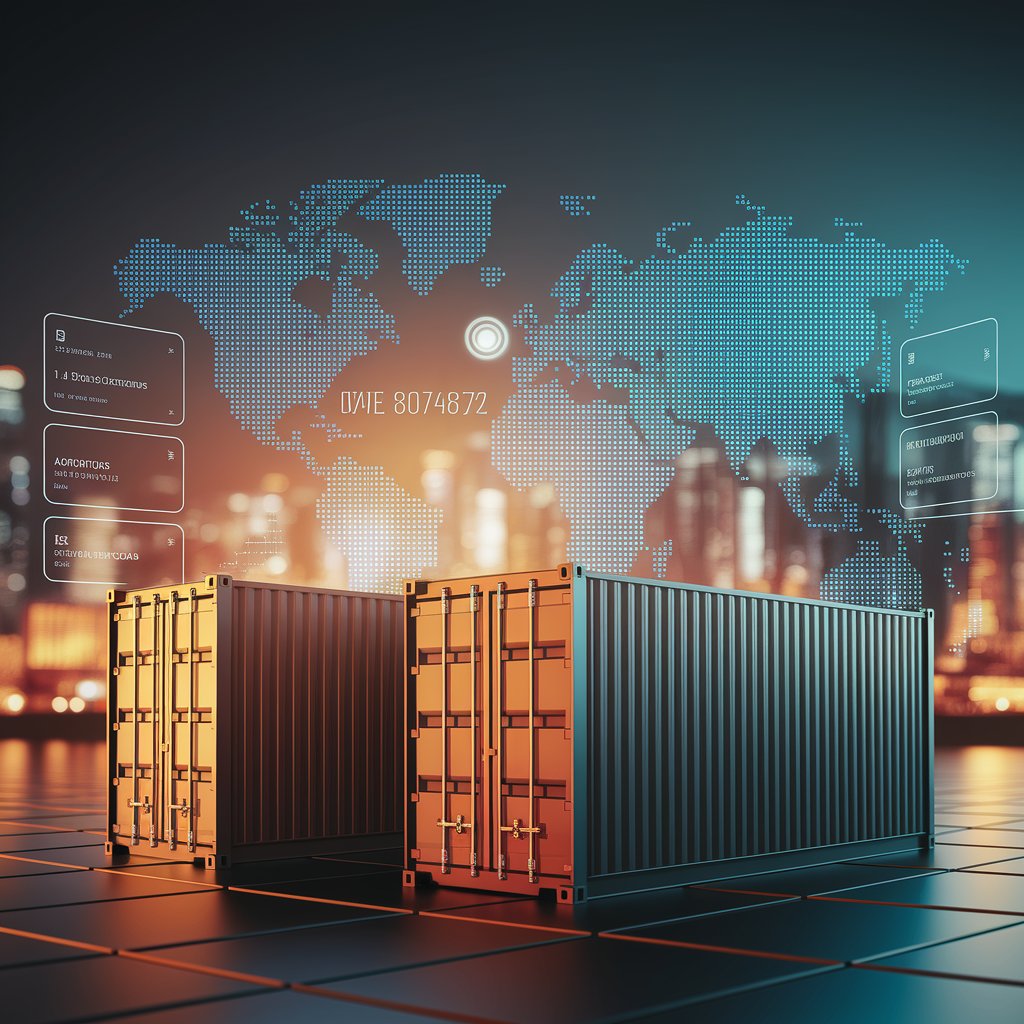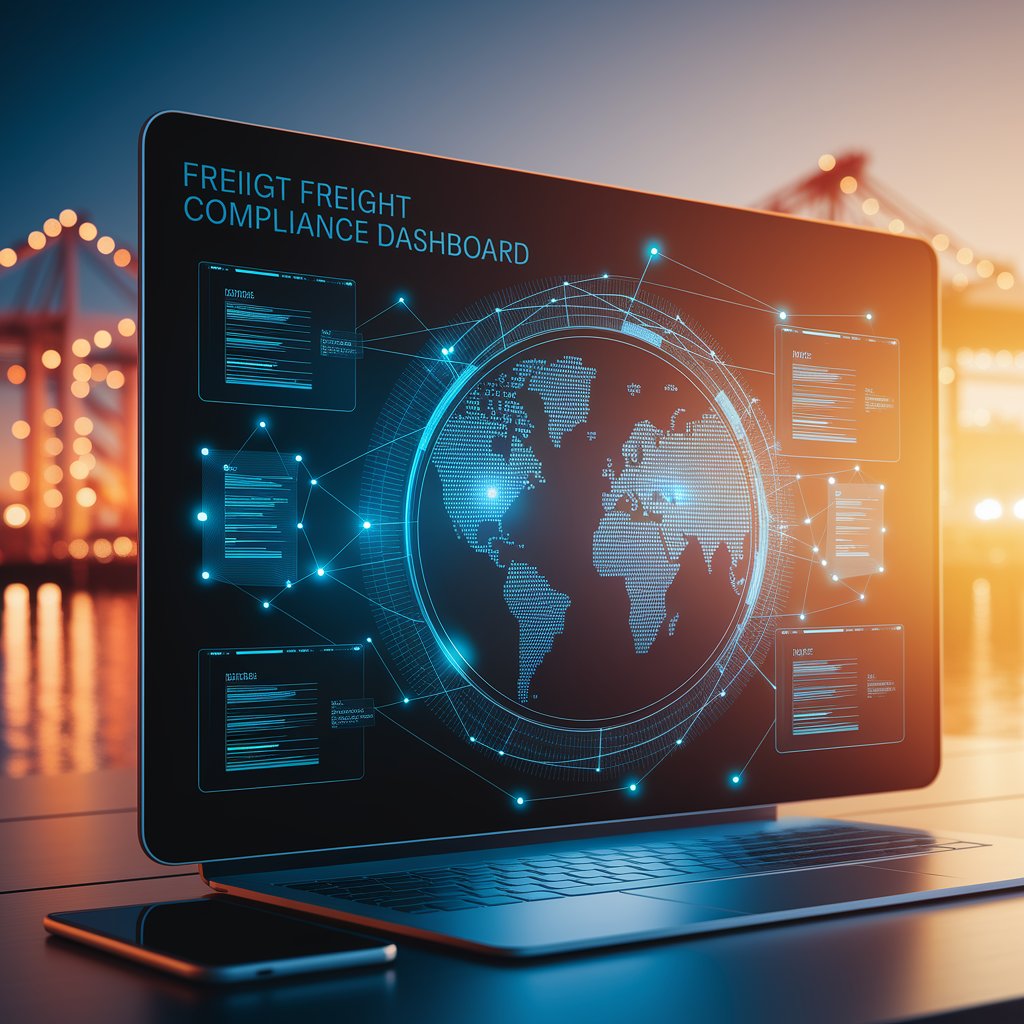Digital Freight Compliance: Simplifying Global Trade with Automation

Introduction
This is where digital freight compliance reshapes the logistics landscape. By using digital platforms and automation, logistics providers can simplify compliance tasks, improve accuracy, and speed up cross-border movements.
What Is Digital Freight Compliance?
Digital freight compliance is the use of technology and automation to manage compliance requirements in freight forwarding and logistics. Instead of relying on manual paperwork, compliance workflows are digitized, integrated, and automated.
It connects freight systems with customs authorities, regulators, and partners, ensuring documents are correct, consistent, and submitted on time.

Key Features of Digital Freight Compliance
- Automated Documentation: Generate customs declarations, bills of lading, and invoices instantly.
- Regulatory Integration: Direct connections with customs and government systems.
- Real-Time Validation: Catch errors before documents are filed.
- Audit Trail: Secure digital records for compliance and reporting.
- Multi-Jurisdiction Support: Handle different regulations across countries.
Benefits for Logistics Providers
- Faster Clearance: Reduce border delays with pre-validated documents.
- Cost Reduction: Avoid fines, penalties, and storage fees.
- Operational Efficiency: Eliminate manual re-entry and document errors.
- Customer Trust: Deliver shipments faster with full transparency.
- Scalability: Manage growing compliance needs across global markets.

Real-World Applications
- Freight Forwarders: Automate trade compliance for international clients.
- Carriers: Integrate compliance checks directly into fleet operations.
- 3PL Providers: Offer clients visibility into compliance workflows.
- E-commerce Logistics: Simplify customs filings for high-volume cross-border shipments.
The Future of Digital Freight Compliance
The future of digital freight compliance will integrate AI, blockchain, and predictive analytics. AI will detect risks before they occur, blockchain will provide tamper-proof compliance records, and predictive analytics will forecast potential customs delays. Compliance will evolve from a burden into a strategic advantage.

Conclusion
Digital freight compliance enables logistics providers to transform complex regulatory requirements into streamlined digital workflows. By automating documentation, integrating with customs, and reducing risks, it ensures faster shipments and greater accuracy. For companies competing in global markets, is no longer optional—it is the foundation of efficient, reliable, and future-ready freight forwarding.
